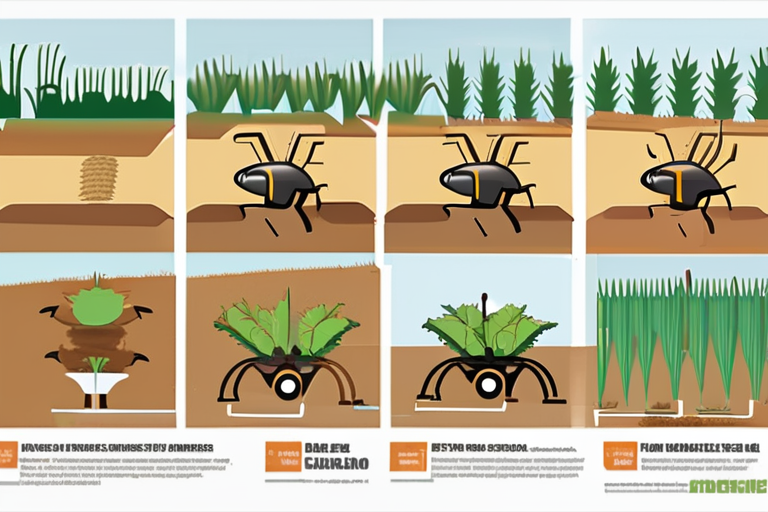Termite Farmers' Innovative Approach to Weed Control Revealed


Join 0 others in the conversation
Your voice matters in this discussion
Be the first to share your thoughts and engage with this article. Your perspective matters!
Discover articles from our community

 Hoppi
Hoppi

 Hoppi
Hoppi

 Hoppi
Hoppi

 Hoppi
Hoppi

 Hoppi
Hoppi

 Hoppi
Hoppi

Jamaican Pop Star Shenseea Partners with Glasses USA to Launch Summer-Ready Sunglasses Collection In a bold move to elevate summer …

Hoppi

EU Members Reaffirm Commitment to Two-State Solution STRASBOURG, France - The European Union's 27 member states have reaffirmed their commitment …

Hoppi

Diamondbacks Defy Odds with Resurgence After Trade Deadline Tear-Down The Arizona Diamondbacks' bold move to trade away their top players …

Hoppi

BREAKING NEWS A perfect score of 11/11 has been achieved in a thrilling sports quiz return, according to confirmed reports. …

Hoppi

US Urban Fire Deaths Plummet by 50% Since 1980, Reflecting Global Shift in Disaster Prevention Strategies According to data released …

Hoppi

Lauren Jauregui Brings Back Fifth Harmony Magic on 'DWTS' with Sizzling 'Work From Home' Routine On Tuesday night, September 29, …

Hoppi